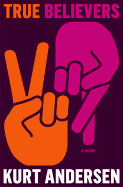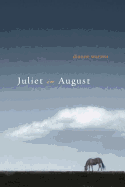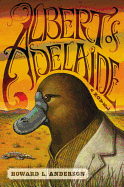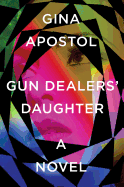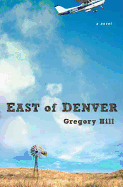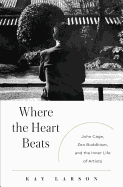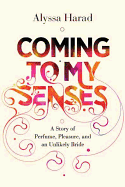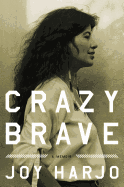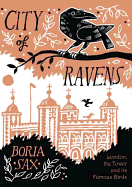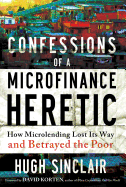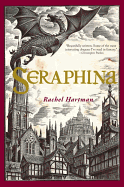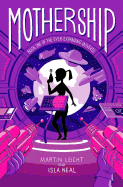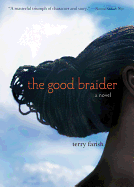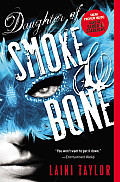 Daughter of Smoke and Bone by Laini Taylor (Little, Brown, $9.99)
Daughter of Smoke and Bone by Laini Taylor (Little, Brown, $9.99)
Laini Taylor (Lips Touch) blends romance, otherworldly beings, joy and pain, light and dark in this tantalizing novel. Karou, 17 years old, with bright blue hair and a "constellation of tattoos," lives in Prague, where she's studying to be an artist. Through Karou's sketchbook, we learn of her "secret world," populated by chimaera who raised Karou as their own from age five. When she meets a seraphim, even though they are enemies, they feel a deep connection. Taylor elevates this tale beyond a story of two star-crossed lovers by exploring the ways that society demonizes "the other" and by filling her tale with captivatingly complex characters.
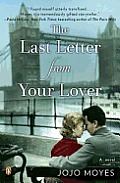 The Last Letter from Your Lover by Jojo Moyes (Penguin, $16)
The Last Letter from Your Lover by Jojo Moyes (Penguin, $16)
London 1960: Jennifer Stirling wakes in a hospital to learn that she has survived a terrible car accident. She can't recall who she is or who she was--until she discovers a heartfelt love letter signed with the letter "B," asking her for forgiveness and to leave her husband. It proves to be just the jolt Jennifer's memory needs in reconstructing the past and a love affair she only half-remembers. In this captivating romance, that ultimately unravels in 2003, Moyes pays homage to the lost art of letter writing and the power of love.
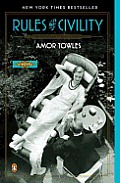 The Rules of Civility by Amor Towles (Penguin, $16)
The Rules of Civility by Amor Towles (Penguin, $16)
It's 1938, and for Katherine "Katey" Kontent (stress on the second syllable), Manhattan may not be Nirvana, but it sure beats Brighton Beach. On a New Year's Eve nightclub outing, she and her pal Eve Ross meet the swank Tinker Grey. The encounter changes both women's lives, and the dynamic of their friendship as well, as Katey metamorphoses into Kate, a strong-willed magazine editor whose determination and gimlet eye are a match for every man in the story and almost every woman. Towles's prose in his debut novel is atmospheric and crystalline, with a delectable sentence on every page.
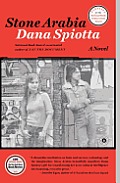 Stone Arabia by Dana Spiotta (Scribner, $14)
Stone Arabia by Dana Spiotta (Scribner, $14)
Like her National Book Award-nominated Eat the Document, Dana Spiotta's new novel has its roots in the 1970s, as she turns her attention to the intimate details of family life, the slow erosion of dreams and the faint persistence of hope. Narrated mostly in the voice of Denise Krasnis, a woman in the midst of a struggling midlife, Stone Arabia is the story of her relationship with her older brother, Nik Worth, a talented if only modestly successful post-punk musician who now, in 2004, lives in obscurity in Los Angeles. It's an intimate exploration of the complex territory of an adult sibling relationship, perfectly capturing the emotional stew of love, frustration, anger and, perhaps most poignantly, the lack of communication that are the stuff of sibling relationships
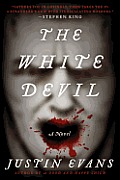 The White Devil by Justin Evans (Harper, $14.99)
The White Devil by Justin Evans (Harper, $14.99)
The day after protagonist Andrew arrives at Harrow, a centuries-old boarding school on the outskirts of London, he finds the only boy he's made friends with dead outside the school grounds and a skeletal figure with a cough standing over the corpse. That figure mysteriously vanishes, and it's determined that the boy died of unusual but natural causes. However, Andrew's dreams have been invaded by a similar apparition, bringing with it visions of violence and desire rooted in the school's past. Meanwhile, the school's lone female student has set her sights on Andrew, noting his eerie resemblance to the young Lord Byron. How Andrew and Byron mesh is told in a chilling contemporary horror story that is an authentic page-turner.
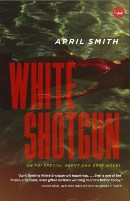 White Shotgun by April Smith (Vintage, $13.95)
White Shotgun by April Smith (Vintage, $13.95)
Fans of April Smith's Ana Grey series will find much to enjoy in this fourth novel to feature the FBI agent. The intriguingly twisty story begins in London when Grey gets caught in what appears to be a gang hit outside an Italian restaurant. It's not that simple, however, and in the aftermath, Ana is sent by the FBI to Siena, Italy, to meet her previously unknown half-sister, Cecilia Nicosa. It isn't a family reunion that the FBI is after--they want Ana to investigate Cecilia's husband, Nicoli, a fabulously wealthy coffee mogul whose Mafia mistress has recently disappeared. Ana discovers beauty, family and, naturally, treachery in Italy.
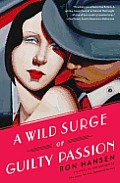 A Wild Surge of Guilty Passion by Ron Hansen (Scribner, $15)
A Wild Surge of Guilty Passion by Ron Hansen (Scribner, $15)
It may not have qualified as the crime of the century, but the lurid murder of New York magazine editor Albert Snyder in March 1927 riveted the attention of that city--when the accused, Ruth Snyder and Judd Gray, went on trial, the courtroom was packed with 1,500 spectators. In this vivid, imaginative novel based on that crime, Ron Hansen (Atticus and Mariette in Ecstasy) weaves a story that will appeal to fans of classic mysteries, in the process skillfully evoking the morally compromised atmosphere of Prohibition-era New York.
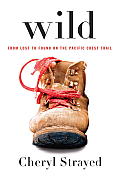 Cheryl Strayed's Wild: From Lost to Found on the Pacific Crest Trail became one of my walking books last fall, when I heard her say: "I went from weeping and wailing every day to confronting the reality of the hike. You set the boundaries, and every day you go out."
Cheryl Strayed's Wild: From Lost to Found on the Pacific Crest Trail became one of my walking books last fall, when I heard her say: "I went from weeping and wailing every day to confronting the reality of the hike. You set the boundaries, and every day you go out."









 Hugh Sinclair
Hugh Sinclair